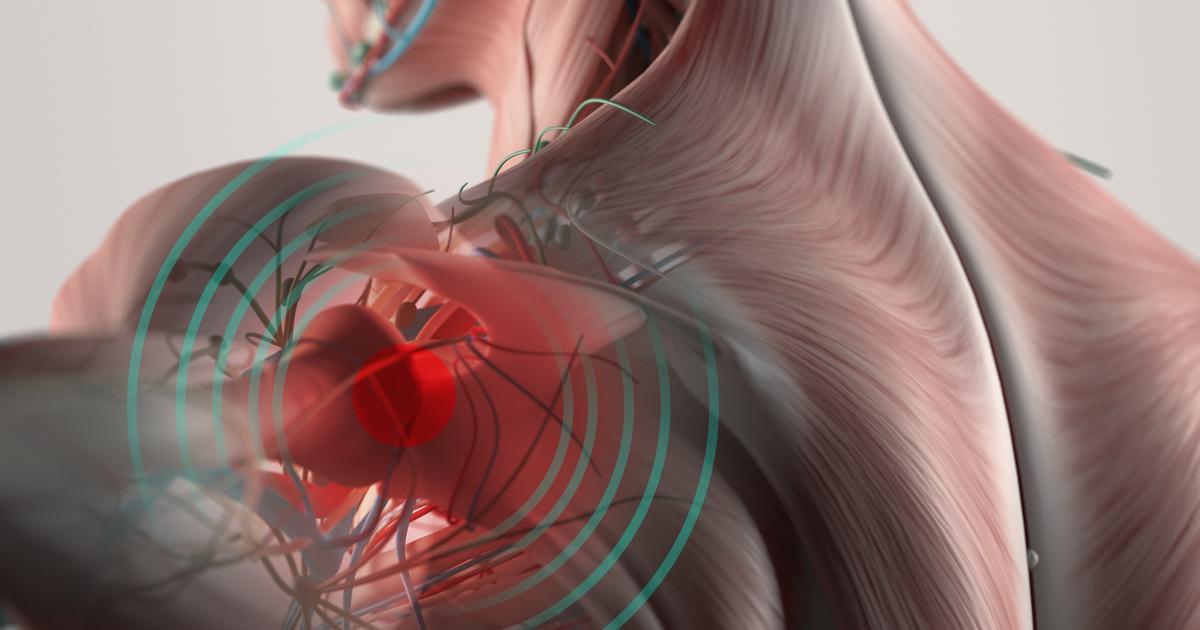Guide To The Symptoms, Causes, And Complications Of Shoulder Impingement
Rotator Cuff Tear

If shoulder impingement isn't treated properly, and the movements of the shoulder continue without the patient resting to heal, the condition can lead to a rotator cuff tear. Rotator cuff tears typically occur after the tendons have sustained injuries over long periods. If an affected individual has been ignoring the pain or taking over-the-counter pain medications and hoping for the best, the repeated strain on the tendon can cause it to tear in two. A tear in the rotator cuff causes serious weakness and may make elevating the arm difficult. On top of this, continued shoulder impingement can also cause a rupture in their biceps. There are two kinds of rotator cuff tear. With a partial tear, only one of the rotator cuff's muscles becomes damaged or frayed. With a complete tear, the rip continues through the entire tendon and pulls it from the bone. Complete tears are much more serious than partial tears.
Reveal additional causes of shoulder impingement now.
Overuse Of The Muscles

Overuse of the muscles is a major cause of shoulder impingement, a condition common in pitchers, swimmers, and others who frequently use their shoulders for activities involving repetitive motion. When the muscles in the shoulder region are overused, they swell, and this causes them to catch on the upper shoulder bone with movement. Patients who have overused these muscles could experience weakness in the arms, and they may feel a constant, dull ache in their shoulder. The pain might spread from their shoulder to the side of their arm, and many patients report increased pain at night. To recover from shoulder impingement caused by overuse, patients need to rest, and doctors often recommend activity modification. Athletes may need to take several weeks off from practices and games, and it might be necessary to modify pitching or swimming techniques to avoid future injury. The use of ice packs can ease swelling, and physical therapy will help rebuild strength and range of motion in the shoulder muscles with a series of gentle exercises.
Get more information about the causes and complications of shoulder impingement now.
